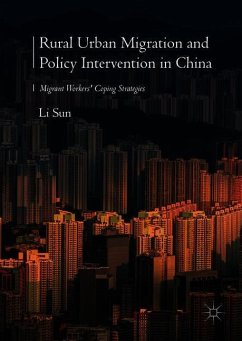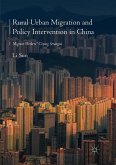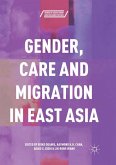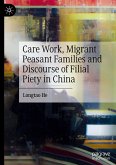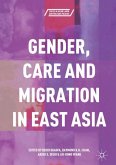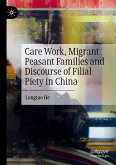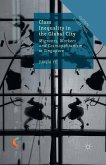This book examines rural-urban migration policies in China, and considers how Chinese workers cope with migration events in the context of these policies. It explores the contribution of migrant workers to the Chinese economy, the impact of changes within the 'hukou' system (household registration) and the impact of recent migration policies promoting rural-urban migration and targeting key events during migrant workers' migration trajectories - job-seeking, wage exploitation, work injuries and illness - namely the corresponding 'Skills Training Program for Migrant Workers', the 'Circular on Managing Wage Payment to Migrant Workers', the 'Circular on Migrant Workers Participating in Work-Related Injury Insurance', and the 'New Rural Medical Cooperative Scheme' (Health Insurance). Through in-depth interviews, it examines how when facing such challenges, migrant workers choose to either make a claim under existing policies, or use other coping strategies. The book notably proposes a typology of "coping" which includes a variety of administrative coping, political coping and social coping, and considers how workers in China harness the power of civil groups and social networks.
Bitte wählen Sie Ihr Anliegen aus.
Rechnungen
Retourenschein anfordern
Bestellstatus
Storno

